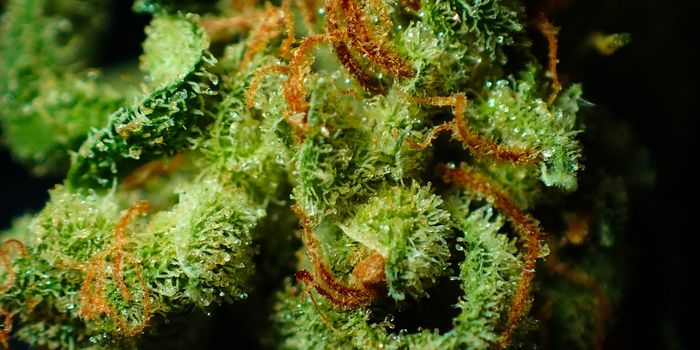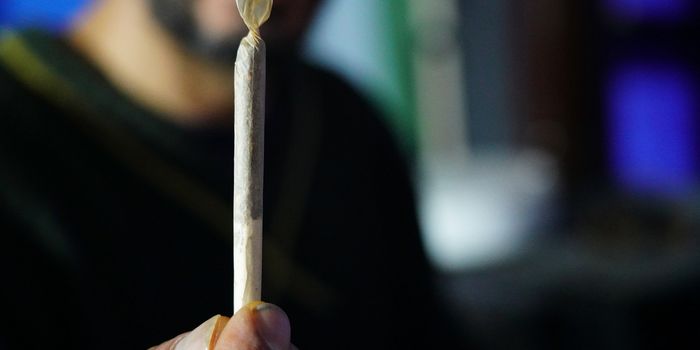Study Finds Cloned Animals Don't Live Half-Lives
New research into the science of cloning may have debunked the common myth that clones age significantly faster than naturally-born animals and live half-lives.

Image Credit: University of Nottingham via PBS
The single most significant and well-known clone is Dolly the sheep, which was born with many health issues that made scientists question the humaneness and long-lasting effects of cloning on animals. Dolly was later euthanized so she wouldn’t suffer.
Since Dolly, cloning has had a very negative vibe to it, and many scientists don’t even want to touch it because it’s against their beliefs or certain religious groups are just against it entirely.
Nevertheless, a recent study performed by the University of Nottingham has been published in the journal Nature Communications, and it reveals that clones probably don’t age any faster than any naturally-born animal.
The study involved examining nine other sheep clones, all of which appear to be living completely normal lives for sheep.
Despite the fact that they haven’t bred with each other, they do everything normal sheep do including stay outside in the Summers and go inside in the Winters. Their ages range from 6 to 9, and they were all reportedly normal following their own births.
This is a huge discovery, as cloning was once thought of as a process that could leave an animal with major health complications and/or a shorter life cycle than a naturally-born version.
Cloning is still a very risky business, as cloned animals have to actually survive the state of being an embryo before they are born and then live through the stages of being an infant. Once they grow past their most vulnerable stages, it can be expected that clones will live normal and productive lives.
Despite the age myth having been debunked, many are still highly against the concept of cloning.
Nevertheless, the world’s largest cloning plant is being built in China with the intention to break world cloning records and to start commercializing the process, whether for slaughter or for pets.
Source: PBS
-
MAY 07, 2024Is It Anti-RNP or Anti-Sm/RNP?
- See More
-
APR 30, 2024Immuno-Oncology Virtual Event Series 2024
-
MAY 07, 20243rd International Biosecurity Virtual Symposium
-
JUN 06, 2024The Future of Scientific Conferencing
- See More

















































